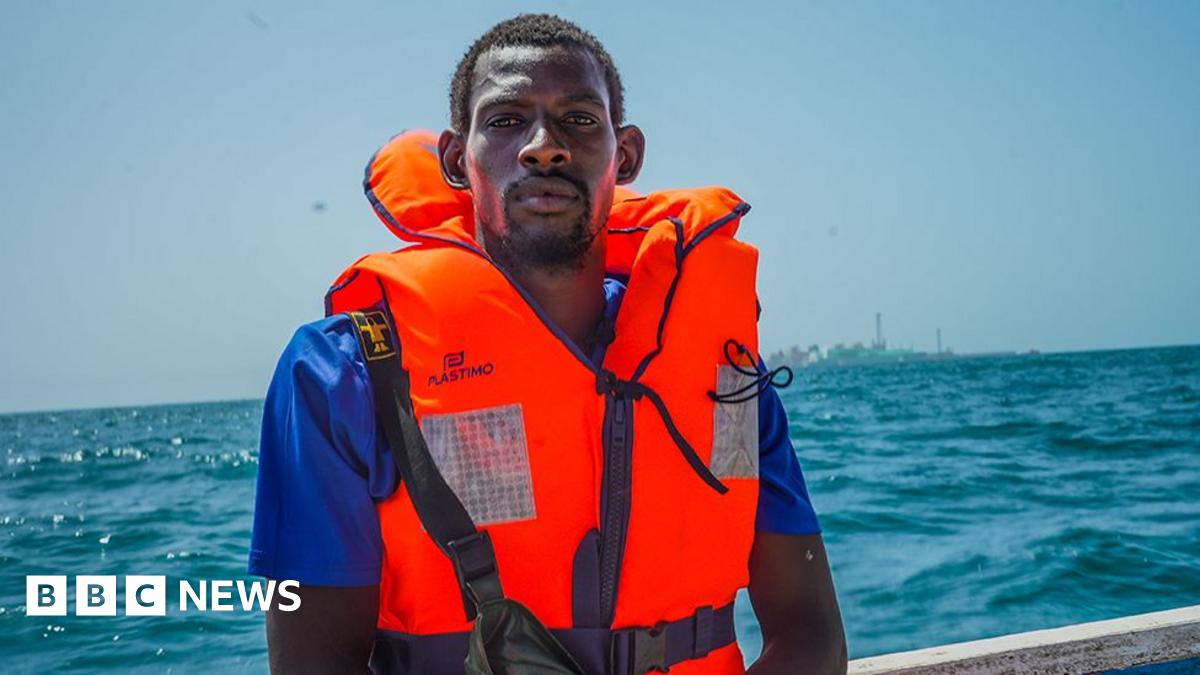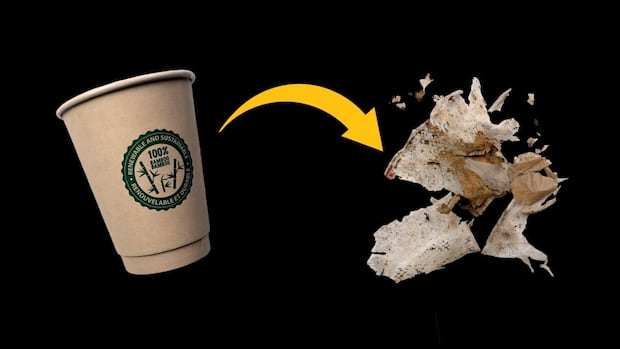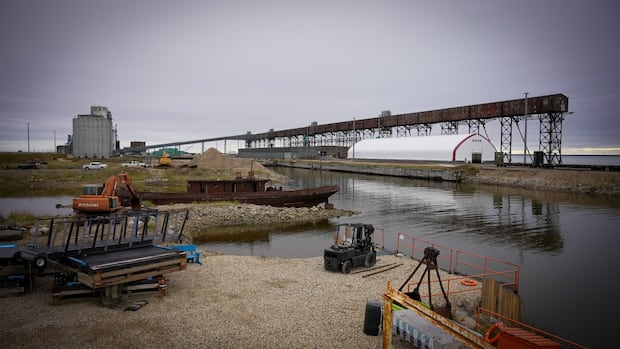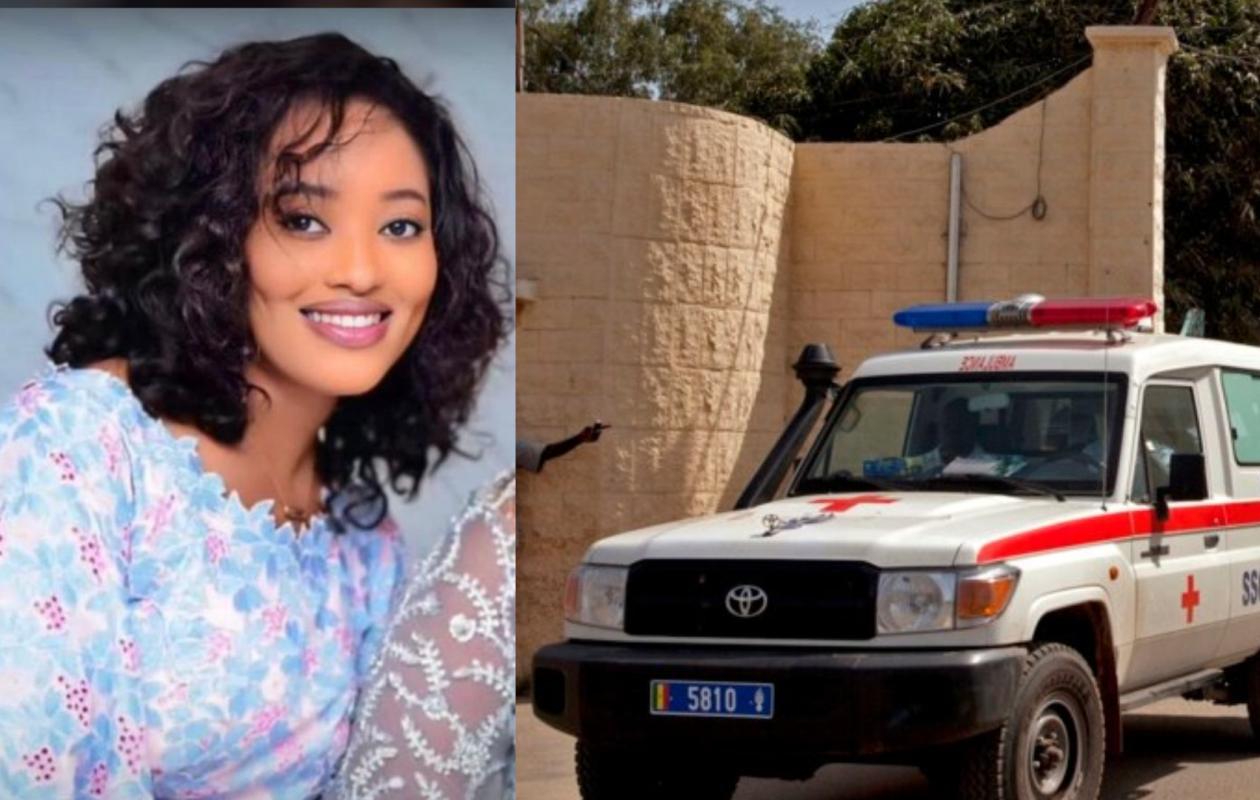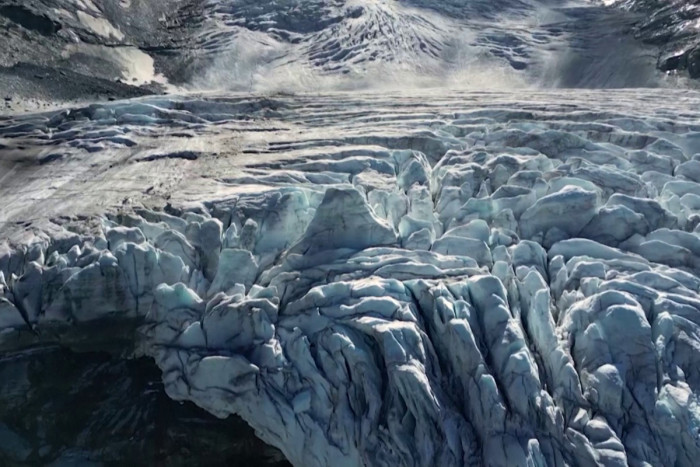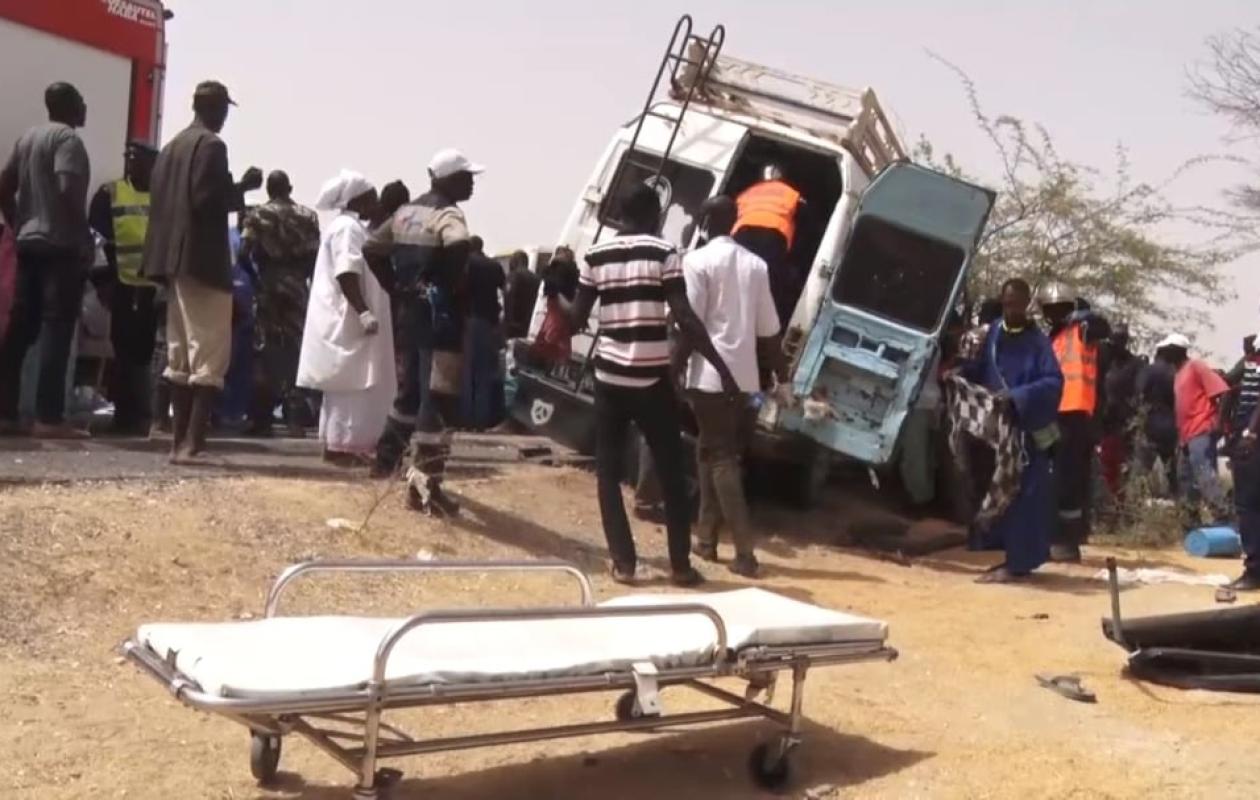Senegal's Fishermen Blame BP Project for Dwindling Catches: "We Only Have the Sea to Live On"
In Saint-Louis, Senegal, traditional fishermen like Gora Fall are facing increasing hardship, attributing their struggles to the Greater Tortue Ahmeyim (GTA) gas project operated by BP. The project, located on the maritime border between Senegal and Mauritania, has led to fishing restrictions, impacting the livelihoods of a community heavily reliant on the sea.
The Impact of the GTA Gas Project
The GTA gas project, a joint venture involving BP, Kosmos Energy, Petrosen, and SMH, aims to produce 2.3 million tonnes of liquefied natural gas annually. However, a 500-meter exclusion zone around the platform prevents fishermen from accessing a historically abundant natural reef. This restriction, combined with competition from large international trawlers, has significantly reduced their catches and income.
Gora Fall explains, "Before, we worked to live, but now we just work to survive." Fishermen report a drastic decline in earnings, struggling to make $90 per trip compared to the $445 to $625 they once earned. Many are considering abandoning their traditional way of life due to the economic challenges.
The Plight of Fish Processors and Alternative Livelihoods
The decline in fish stocks also affects women, who traditionally handle fish processing. Diamol Sène, a fish dryer, notes that many women are now unemployed due to the scarcity and high cost of fish. Some fishermen, like Saer Diop, have sought alternative livelihoods. Diop, a carpenter, now earns a better living producing and repairing canoes, a skill he developed in his youth.
Artificial Reefs and Environmental Concerns
BP promised to create artificial reefs to compensate for the loss of fishing grounds. However, fishermen claim that these promises have not been fulfilled. Nalla Diop, a spokesperson for the fishermen's association, says that despite initial promises in 2019, "nothing has been done."
A study by Senegal's Oceanographic Research Centre identified potential sites for the reefs, but progress has been slow. BP states that feasibility studies revealed only two viable sites, one of which was within a Marine Protected Area. BP says the chosen site will host a substantial reef complex, expected to be completed by the end of 2025.
Adding to the concerns, a gas leak occurred in February 2025, raising fears about the safety of marine life. While BP described the incident as "gas bubbles" and stated the environmental impact was "negligible," environmentalists like Mamadou Ba of Greenpeace Africa warn of potentially "immeasurable effects" on marine ecosystems. The Senegalese government maintains that subsequent tests revealed no further leaks after repairs.
A Community's Uncertain Future
Despite the promises of economic prosperity from the gas project, the fishermen of Saint-Louis feel deprived of their traditional way of life and accuse the government of siding with BP. As Gora Fall poignantly states, "We only have the sea to live on," highlighting the community's dependence on a resource increasingly threatened by industrial development.
 Visit the website
Visit the website
